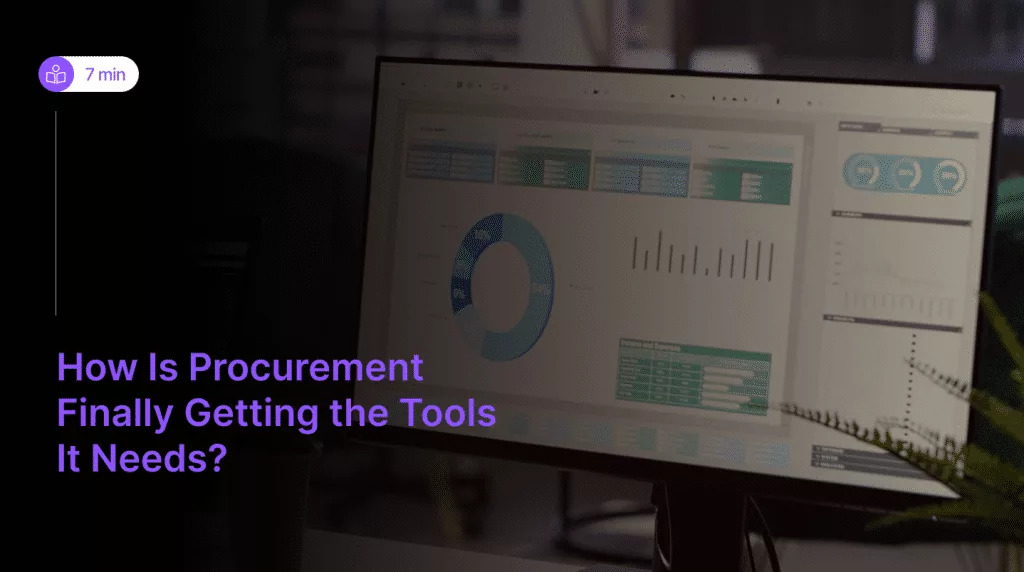
In the dynamic landscape of modern business, the journey towards growth is often accompanied by a surge in complexity. As enterprises expand their horizons and embrace new opportunities, they are faced with the intricate challenge of managing both the scale of operations and the intricacies that come with it. This is where DevOps emerges as a guiding light – not only streamlining processes but also offering a strategic roadmap to efficiently manage expansion.
The synergy between scaling up and DevOps isn’t just a convenience; it’s a necessity in an era where agility, innovation, and responsiveness define success. In this comprehensive guide, we embark on a voyage through the realm of scaling up with DevOps, unraveling strategies, insights, and real-world applications that empower businesses to conquer complexity while sustaining growth.
The Evolution of Scale and Complexity
In the intricate journey of business growth, the evolution of scale and complexity is akin to a symphony with constantly changing rhythms and harmonies. As enterprises spread their wings, reaching new markets and customers, the once-linear operations transform into a multidimensional landscape.
Here, the interplay of scale and complexity presents both opportunities and challenges that can make or break an organization’s expansion endeavors. Let’s delve deeper into this fascinating evolution:
1. Amplified Product Portfolio:
With growth comes diversification – a business that once offered a handful of products may now boast an extensive portfolio. Each new product introduces unique requirements, from development to deployment, necessitating a holistic approach to manage complexity.
2. Expanding Geographical Reach:
Scaling often involves expanding into new regions, each with distinct regulations, cultures, and customer preferences. This geographic diversity introduces complexities in supply chains, distribution networks, and localized marketing strategies.
3. Influx of Data Streams:
Business growth translates to a surge in data volume from various sources, including customer interactions, sales, and market trends. Handling and deriving insights from this influx of data require robust data management and analytics capabilities.
4. Complex Stakeholder Ecosystem:
As the business ecosystem grows, so does the network of stakeholders – suppliers, partners, customers, and investors. Managing these relationships while ensuring seamless interactions demands effective communication and collaboration mechanisms.
5. Scalability and Resource Allocation:
Rapid scaling strains resources, demanding optimized allocation of funds, manpower, and technology infrastructure. DevOps plays a crucial role in ensuring resource optimization, preventing bottlenecks, and scaling both vertically and horizontally.
In this intricate dance between growth and complexity, DevOps emerges as a guiding partner, offering a blueprint for modern businesses.
Exponentiating Business Growth with DevOps: A Roadmap to Success
In the ever-evolving landscape of business, growth isn’t just a goal – it’s an imperative. The ability to exponentiate growth isn’t solely about expanding operations; it’s about doing so with precision, efficiency, and a future-oriented mindset. This is where DevOps emerges as a transformative force, enabling businesses to not only keep pace with growth but to propel it to unprecedented heights.
In this enlightening exploration, we unveil the strategies that harness the power of DevOps to exponentiate the growth of business operations.
1. Seamless Scalability Through Automation:
Automate provisioning and scaling of infrastructure to accommodate increased workloads without manual intervention.
2. Accelerated Time-to-Market:
DevOps shortens development cycles, allowing rapid iteration and quicker release of new features and products.
3. Cultivating a Culture of Innovation:
DevOps encourages a culture where innovation flourishes, fostering an environment where teams are empowered to experiment and ideate.
4. Enhanced Customer-Centricity:
DevOps enables the delivery of features aligned with customer needs and preferences.
5. Optimal Resource Utilization:
With automated scaling and provisioning, resources are allocated optimally based on demand, reducing wastage and costs.
6. Robust Risk Management:
Automated testing and continuous monitoring identify and mitigate risks early in the development process.
7. Sustaining Quality Amid Expansion:
DevOps practices, including automated testing and deployment, ensure that quality standards are maintained even as operations expand.
The synergy between DevOps and exponential growth isn’t happenstance; it’s a strategic alignment that empowers businesses to operate with a resilience and agility that is unparalleled.
Simplifying Business Operations: Unleashing the Power of DevOps
In the intricate tapestry of business operations, complexity can be both a driving force and a stumbling block. As enterprises expand their horizons, introduce new products or services, and reach broader markets, the threads of complexity begin to weave together, forming a challenging labyrinth to navigate. Enter DevOps, the beacon of streamlined efficiency and harmony, offering a transformative approach to reducing the intricate tangles that often ensnare business operations. In this exploration, we delve into how DevOps serves as a compass, guiding businesses toward the art of simplification.
1. Automated Workflow Orchestration:
DevOps introduces automation across the software development lifecycle, from code integration and testing to deployment and monitoring.
2. Standardized Environments through Infrastructure as Code (IaC):
DevOps advocates for the use of IaC, enabling the creation and management of infrastructure through code.
3. Agile Processes for Agile Organizations:
DevOps principles align with agile methodologies, fostering iterative and adaptive approaches.
4. Continuous Integration and Continuous Deployment (CI/CD):
CI/CD pipelines automate code integration, testing, and deployment.
5. Real-time Monitoring and Feedback:
DevOps emphasizes real-time monitoring, enabling quick identification and resolution of issues.
As we traverse the landscape of business operations, DevOps emerges as a guiding force, offering a compass that points toward efficiency, agility, and a simpler path to success.
Together, let’s embark on a journey where DevOps is the catalyst that transforms growth from a destination to an ever-expanding voyage.
Conclusion
In the symphony of business, DevOps conducts the harmonious melody of simplicity. With automation, collaboration, and agility, it untangles complexities, revealing a path where efficiency and innovation dance hand in hand. Embrace DevOps as your compass, steering your operations toward a future of streamlined success.



